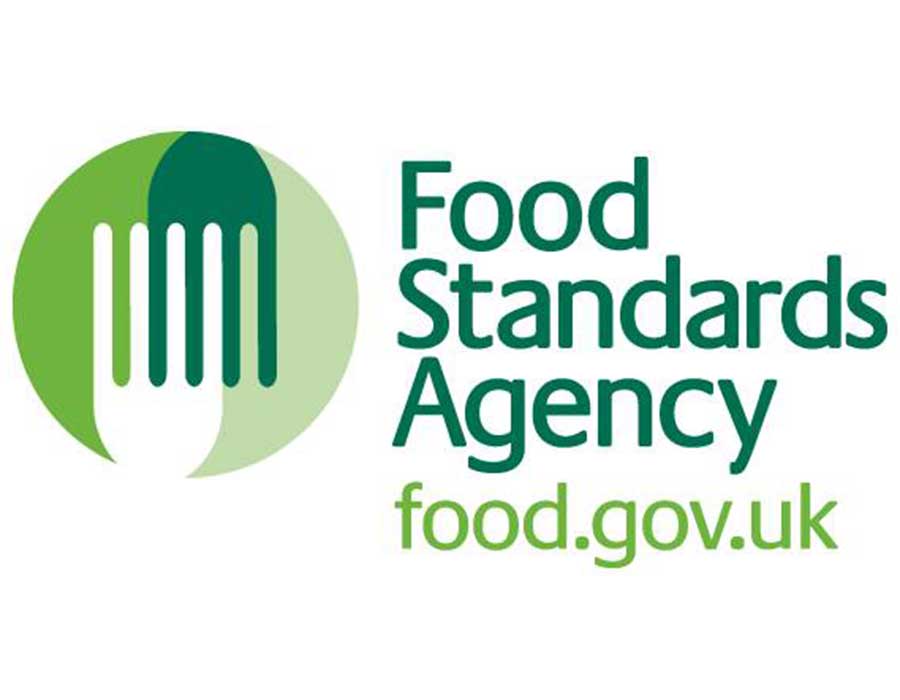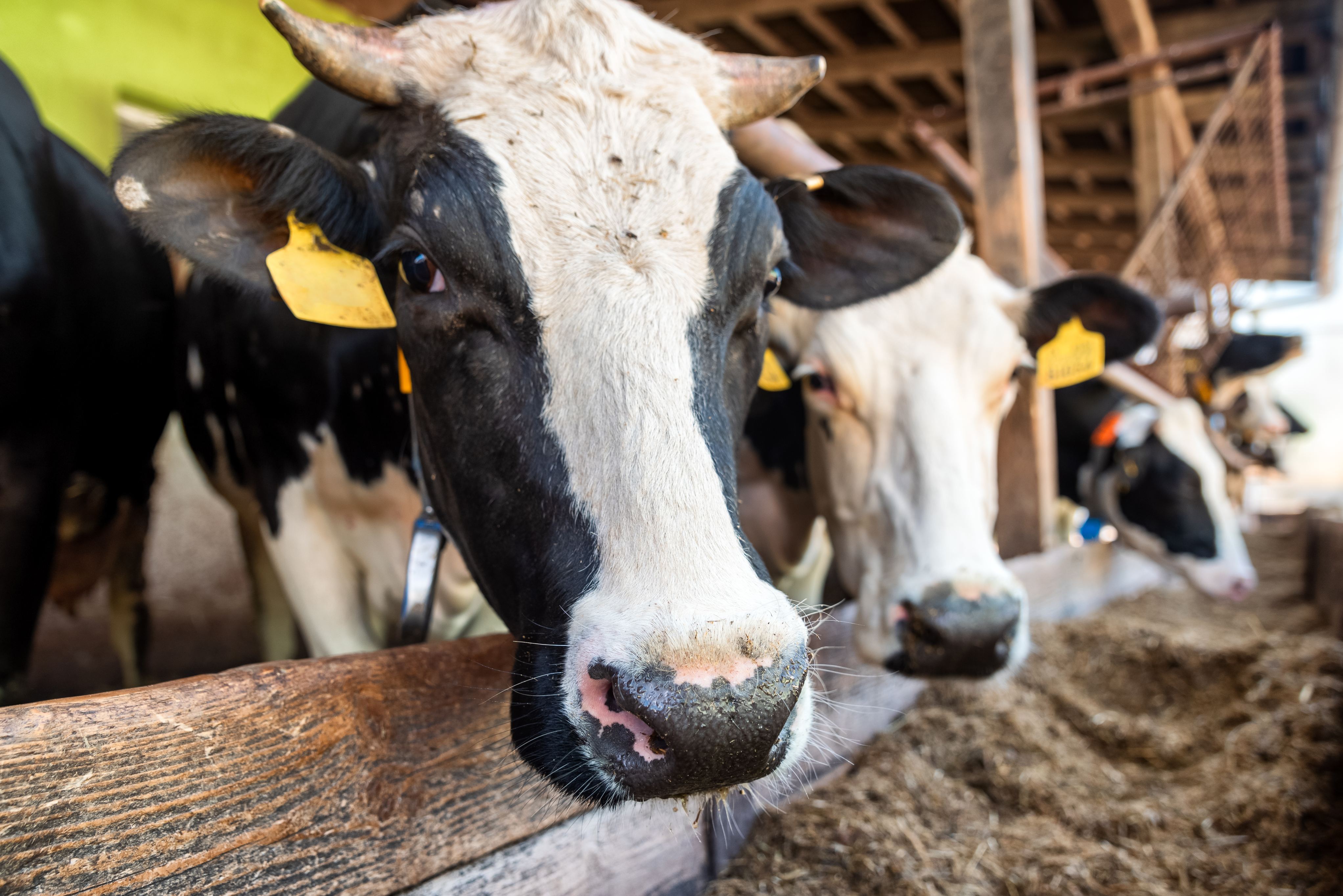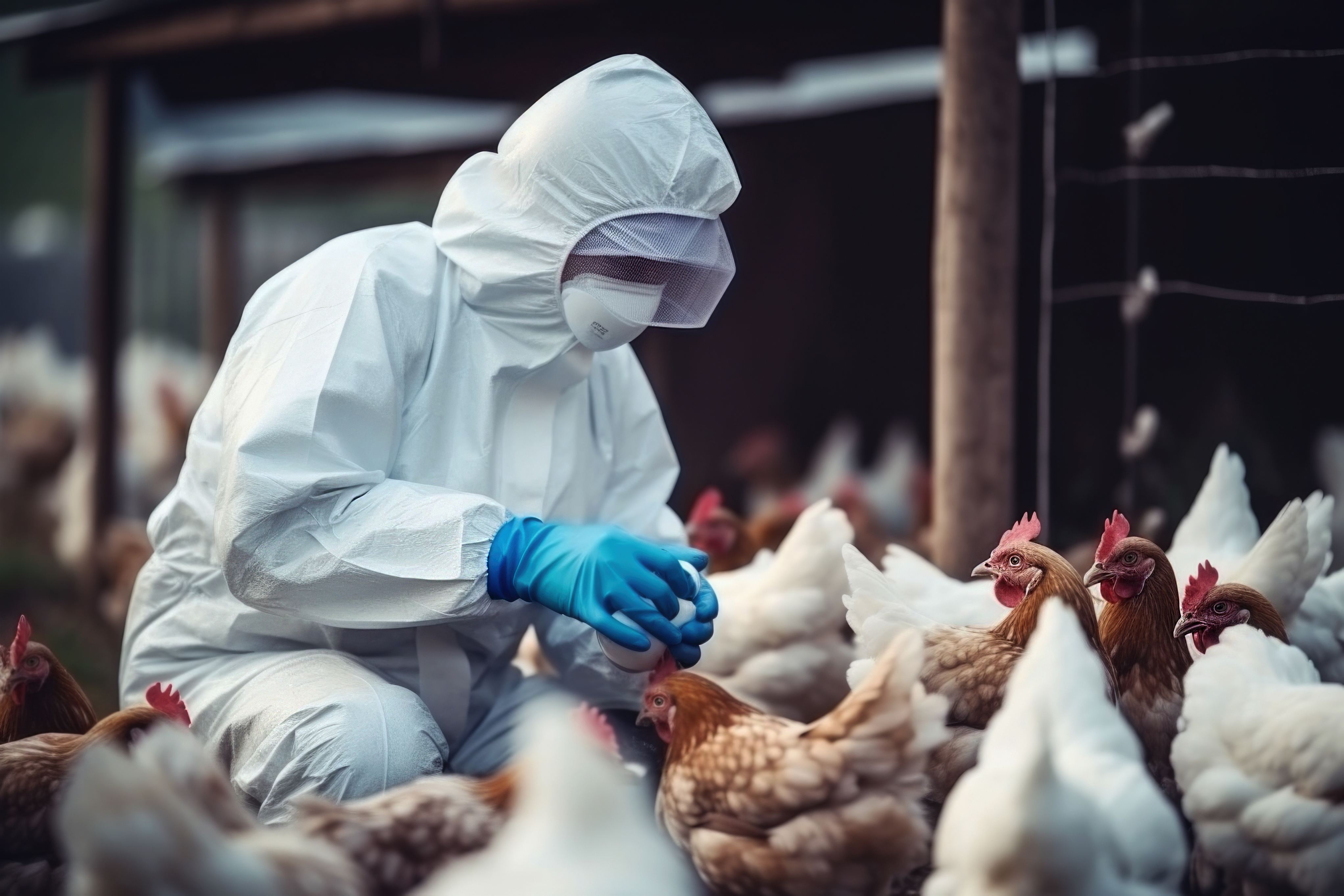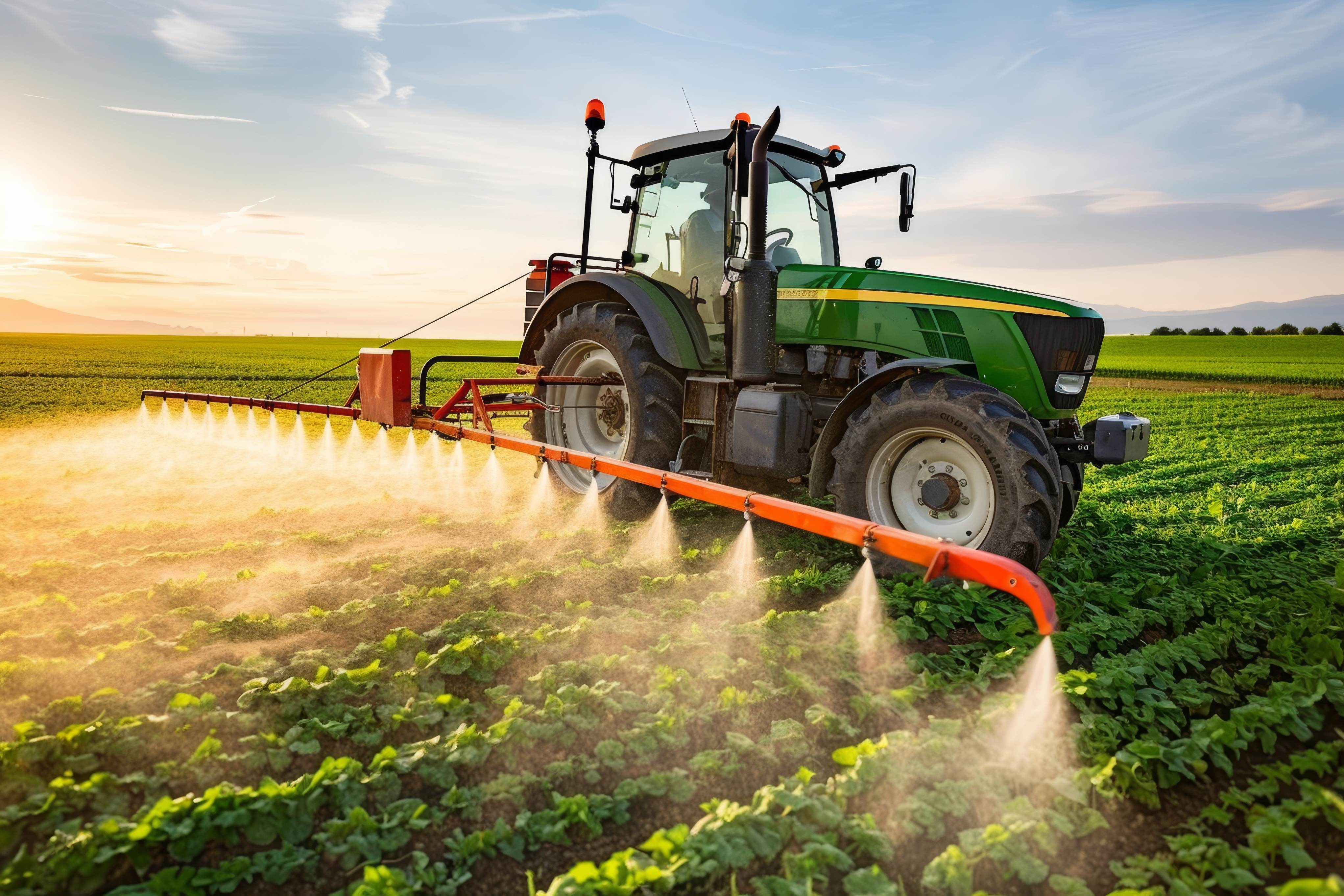CERTEX, a system that verifies licence data on declarations for goods movements, replacing the Automatic Licence Verification System (ALVS) for Northern Ireland, has been implemented on 15 September 2025.
What to do
Where a licence is required, the implementation of CERTEX will impact the following document types:
- COI (Certificates of Organic Conformity)
- CHED.PP (Plants and plant products)
- CHED.D (Food and feed of non-animal origin)
- CHED.P (Food and products of animal origin)
- CHED.A (Live animals)
- ODS (Ozone Depleting Substances)
- FGAS (Fluorinated Gases)
For these licensed goods moving into or out of Northern Ireland, including by import, export or transit, information on declarations such as commodity code, net mass, and supplementary units must match with your licences. This is essential to avoid unnecessary delays to the movement of goods.
Also, the Common Health Entry Document (CHED) reference must now be provided on the declaration in the new format. The reference format must be letters followed by numbers and include the full stop character. For example, ‘CHEDA.XI.2025.1234567’.
Processes for making a declaration or obtaining a licence remain unchanged.
For detailed guidance, please visit GOV.UK.
Moving goods from Great Britain to Northern Ireland
If you:
- are pre-lodging a declaration that will be ‘arrived’ from 15 September you must use the new CHED format as detailed above.
- have already pre-lodged a declaration for arrival from 15 September using the old CHED format, you will need to use the Customs Declaration Service (CDS) and amend this prior to the arrival of your goods.
Failure to use the new CHED format from 15 September will result in rejections once the goods arrive and potentially delays in getting the goods released.
Eligible licensed goods can also be moved using the Internal Market Movements process by a business that holds the UK Internal Market Scheme (UKIMS) authorisation. This means that these goods can move from Great Britain to Northern Ireland without a full customs declaration and without paying duty.
Moving goods from a country outside both the European Union and Great Britain to Northern Ireland
If you:
- are pre-lodging a declaration that will be ‘arrived’ from 15 September you must use the new CHED format as detailed above.
- have already pre-lodged a declaration for arrival from 15 September using the old CHED format, you will need to use the Customs Declaration Service (CDS) and amend this prior to the arrival of your goods.
Failure to use the correct CHED format will result in rejections once the goods arrive and potentially delays in getting the goods released.
Additional support
For support for goods in movement, contact the Department of Agriculture and Rural Affairs (DAERA) on 0300 200 7852 or email daera.helpline@daera-ni.gov.uk.
For general support with freight movements or if a change is required on your declaration, traders can contact the Trader Support Service. The Trader Support Service (TSS) is a free-to-use service commissioned by HMRC, that supports businesses to move goods into and out of Northern Ireland.
For other queries call the HMRC Customs and International Trade Helpline on 0300 322 9434 (textphone 0300 200 3719).
For support with parcels movements, traders can contact their parcel express operator. Please note this change does not impact express operators moving consumer parcels under the UK Carrier Scheme.























